Discover the Women of the Hall
These are the Inductees of the National Women’s Hall of Fame. Select any of the women to discover their stories and learn how they have influenced other women and this country.
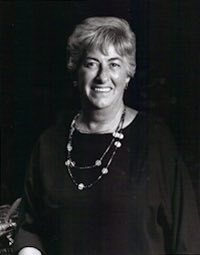
Rozanne L. Ridgway
Foreign policy advisor under six consecutive U.S. presidents from Richard Nixon to William Clinton. Beginning in 1975, she served as Deputy Assistant Secretary of State; her last appointment was Assistant Secretary of State for European and Canadian Affairs. A former Chair of the Atlantic Council of the U.S., a foreign policy think tank, her work has spanned almost four decades.
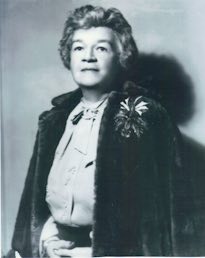
Edith Nourse Rogers
Massachusetts Congresswoman who introduced the “G.I. Bill of Rights” Act and Women’s Army Auxiliary Corp (WAC) legislation. The “Bill of Rights” guaranteed veterans’ health and education benefits (also small business loans). In addition, it supported research and development of prosthetic appliances. Rogers pushed for equality for women in and out of military until her death.
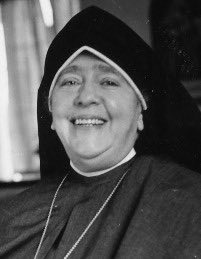
Mother Mary Joseph Rogers, MM
A woman of extraordinary vision and drive, Mother Mary Joseph Rogers, MM founded the Maryknoll Sisters, the first United States based Catholic congregation of religious women dedicated to a global mission. While attending Smith College in 1904, Rogers was inspired by graduating Protestant students preparing to leave for missionary work in China, and following her graduation, she returned to Smith and started a mission club for Catholic students (1905). It was while organizing the club that she met Father James A. Walsh, director of Boston’s Office for the Propagation of the Faith, later founder of Maryknoll Fathers & Brothers, through whom she was inspired to establish a mission congregation for women. The Maryknoll Sisters were founded in 1912, and by the time of Rogers’ death in 1955, there were 1,065 sisters working in twenty countries and several cities in the United States.
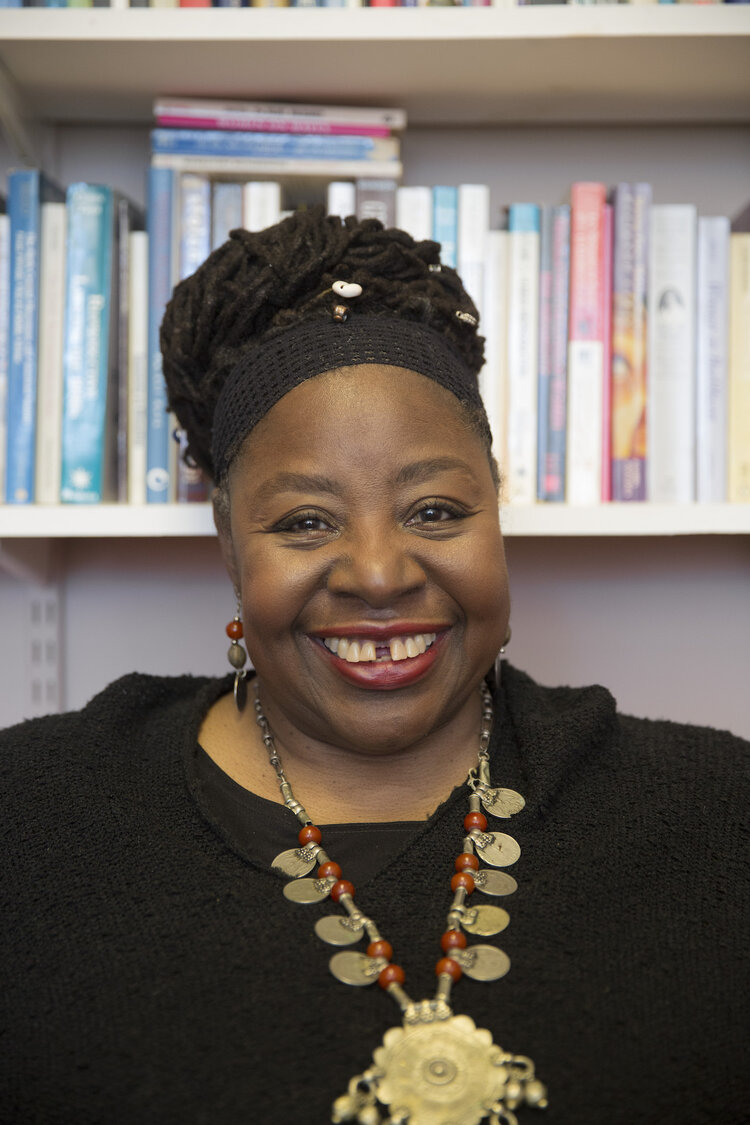
Loretta Ross
Loretta J. Ross is a Black academic, feminist, and activist for reproductive justice, especially among women of color. Driven by her personal experiences as a survivor of rape and nonconsensual sterilization, Ross has dedicated her extensive career in academia and activism to reframing reproductive rights within a broader context of human rights.
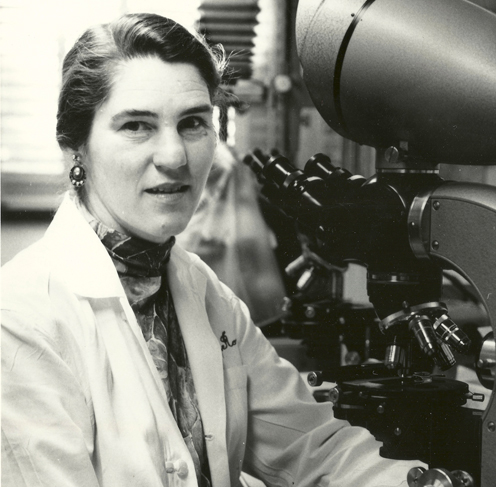
Janet D. Rowley
A geneticist whose research established that cancer is a genetic disease. Her discovery of chromosomal exchanges revolutionized cancer research, diagnosis and treatment. Her research led directly to the development of the cancer drug imatinib, one of the most effective targeted cancer therapies to date, leading to 90% of patients with certain forms of leukemia being “cured” where previously life expectancy had been three to five years.
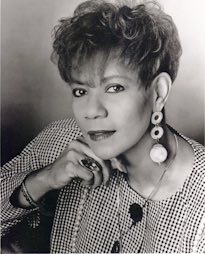
Wilma Rudolph
First American woman ever to win three gold medals in the Olympics. A track and field champion, Rudolph elevated women’s track to a major presence in the United States. She created the Wilma Rudolph Foundation to help train young athletes.

Rozanne L. Ridgway
Foreign policy advisor under six consecutive U.S. presidents from Richard Nixon to William Clinton. Beginning in 1975, she served as Deputy Assistant Secretary of State; her last appointment was Assistant Secretary of State for European and Canadian Affairs. A former Chair of the Atlantic Council of the U.S., a foreign policy think tank, her work has spanned almost four decades.

Edith Nourse Rogers
Massachusetts Congresswoman who introduced the “G.I. Bill of Rights” Act and Women’s Army Auxiliary Corp (WAC) legislation. The “Bill of Rights” guaranteed veterans’ health and education benefits (also small business loans). In addition, it supported research and development of prosthetic appliances. Rogers pushed for equality for women in and out of military until her death.

Mother Mary Joseph Rogers, MM
A woman of extraordinary vision and drive, Mother Mary Joseph Rogers, MM founded the Maryknoll Sisters, the first United States based Catholic congregation of religious women dedicated to a global mission. While attending Smith College in 1904, Rogers was inspired by graduating Protestant students preparing to leave for missionary work in China, and following her graduation, she returned to Smith and started a mission club for Catholic students (1905). It was while organizing the club that she met Father James A. Walsh, director of Boston’s Office for the Propagation of the Faith, later founder of Maryknoll Fathers & Brothers, through whom she was inspired to establish a mission congregation for women. The Maryknoll Sisters were founded in 1912, and by the time of Rogers’ death in 1955, there were 1,065 sisters working in twenty countries and several cities in the United States.

Loretta Ross
Loretta J. Ross is a Black academic, feminist, and activist for reproductive justice, especially among women of color. Driven by her personal experiences as a survivor of rape and nonconsensual sterilization, Ross has dedicated her extensive career in academia and activism to reframing reproductive rights within a broader context of human rights.

Janet D. Rowley
A geneticist whose research established that cancer is a genetic disease. Her discovery of chromosomal exchanges revolutionized cancer research, diagnosis and treatment. Her research led directly to the development of the cancer drug imatinib, one of the most effective targeted cancer therapies to date, leading to 90% of patients with certain forms of leukemia being “cured” where previously life expectancy had been three to five years.

Wilma Rudolph
First American woman ever to win three gold medals in the Olympics. A track and field champion, Rudolph elevated women’s track to a major presence in the United States. She created the Wilma Rudolph Foundation to help train young athletes.
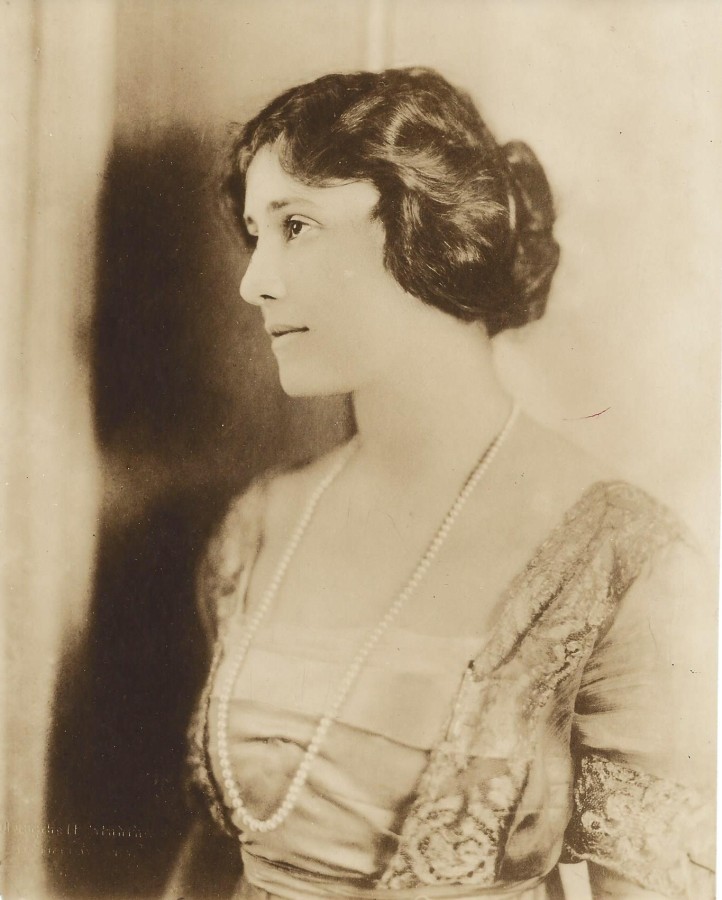
Mary Harriman Rumsey
The founder of the Junior League, she helped author the Social Security Act, chaired the first consumer’s rights groups, and was instrumental in the creation of public playgrounds in New York’s Central Park.
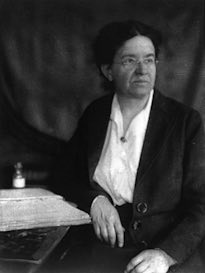
Florence Sabin
First woman graduate of the Johns Hopkins School of Medicine and the first woman to teach there. A talented anatomist and researcher, Sabin performed pioneering work in embryology, the lymphatic system and tuberculosis.
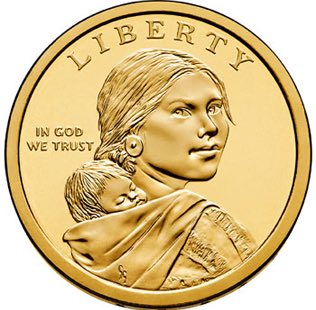
Sacagawea / Sacajawea / Sakakawea
A Shoshone woman who served as a guide to Lewis and Clark during their exploration of the American West, Sacagawea was an instrumental part in the success of this legendary Expedition.
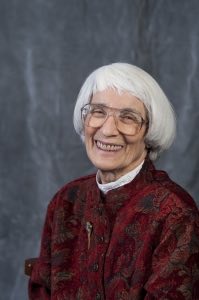
Bernice Resnick Sandler
For more than forty years, Bernice Resnick Sandler has been a tireless advocate of educational equity for women and girls. In 1970, Sandler filed the first charges of sex discrimination against 250 educational institutions. It was this strategy that led to the first federal investigations of campus sex discrimination at a time when no laws existed to prohibit discrimination based on sex in education. Subsequently, Sandler was instrumental in the development, passage and implementation of Title IX, the legislation that prohibits discrimination on the basis of sex in any federally funded education program or activity. An expert in strategies and policies to prevent and respond to sex discrimination in higher education, Sandler has given more than 2,500 presentations. She currently serves as a Senior Scholar in Residence at the Women’s Research and Education Institute in Washington, DC.
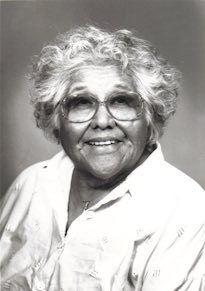
Katherine Siva Saubel
Founder of the Malki Museum at the Morongo Reservation in California. Born on a reservation in great poverty, Saubel became determined to preserve her tribe’s culture and language, despite overwhelming odds. A learned ethno anthropologist, Saubel was a founder of this first museum run by Native Americans.
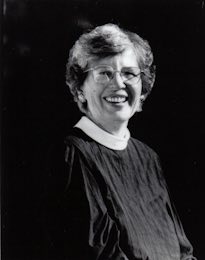
Betty Bone Schiess
Religious leader. Schiess led the successful effort in 1974 to have women ordained as priests in the Episcopal Church in America, elevating the position of women in the Episcopal Church at all levels.

Mary Harriman Rumsey
The founder of the Junior League, she helped author the Social Security Act, chaired the first consumer’s rights groups, and was instrumental in the creation of public playgrounds in New York’s Central Park.

Florence Sabin
First woman graduate of the Johns Hopkins School of Medicine and the first woman to teach there. A talented anatomist and researcher, Sabin performed pioneering work in embryology, the lymphatic system and tuberculosis.

Sacagawea / Sacajawea / Sakakawea
A Shoshone woman who served as a guide to Lewis and Clark during their exploration of the American West, Sacagawea was an instrumental part in the success of this legendary Expedition.

Bernice Resnick Sandler
For more than forty years, Bernice Resnick Sandler has been a tireless advocate of educational equity for women and girls. In 1970, Sandler filed the first charges of sex discrimination against 250 educational institutions. It was this strategy that led to the first federal investigations of campus sex discrimination at a time when no laws existed to prohibit discrimination based on sex in education. Subsequently, Sandler was instrumental in the development, passage and implementation of Title IX, the legislation that prohibits discrimination on the basis of sex in any federally funded education program or activity. An expert in strategies and policies to prevent and respond to sex discrimination in higher education, Sandler has given more than 2,500 presentations. She currently serves as a Senior Scholar in Residence at the Women’s Research and Education Institute in Washington, DC.

Katherine Siva Saubel
Founder of the Malki Museum at the Morongo Reservation in California. Born on a reservation in great poverty, Saubel became determined to preserve her tribe’s culture and language, despite overwhelming odds. A learned ethno anthropologist, Saubel was a founder of this first museum run by Native Americans.

Betty Bone Schiess
Religious leader. Schiess led the successful effort in 1974 to have women ordained as priests in the Episcopal Church in America, elevating the position of women in the Episcopal Church at all levels.
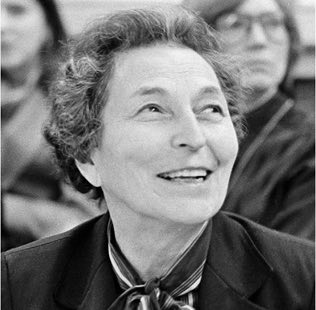
Anna Jacobson Schwartz
Perhaps the most widely acclaimed female research economist of the twentieth century, Anna Jacobson Schwartz has been described as “one of the world’s greatest monetary scholars.” In 1941, after a five year career with Columbia University’s Social Science Research Council, Schwartz began her more than seventy year tenure working for the National Bureau of Economic Research. During her time at the National Bureau, Schwartz met and began working with Milton Friedman and together, the two coauthored A Monetary History of the United States, 1867 – 1960. Described by Federal Reserve chairman, Ben Bernanke, as “the leading and most persuasive explanation of the worst economic disaster in American history,” the text is one of the most widely cited in economics. Schwartz was also considered a leading financial historian and expert on monetary statistics in the United States and Britain.
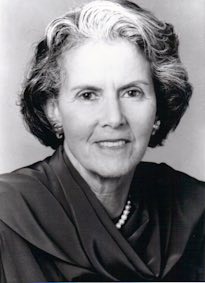
Felice N. Schwartz
Founder in 1962 of Catalyst, the premier organization working with corporations to foster women’s leadership. She published studies (Women in Corporate Leadership in 1990 and Women in Engineering in 1992) illustrating the barriers to women’s workplace progress and then provided samples of model corporate practices to help women advance. Her work has had a lasting impact on the composition of American corporate leadership.
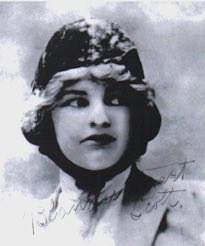
Blanche Stuart Scott
Born in Rochester, New York, Scott was a pioneering aviatrix, becoming the first American woman to take a solo hop into the air, although her flight is not regarded as official. In 1910, she became one of the first woman to drive an automobile coast to coast in her car – the ‚”Lady Overland”. Scott was also the first and only woman to take flying lessons from Glenn Curtiss, later flying with the Curtiss Exhibition Team and earning the nickname ‚”Tomboy of the Air”.
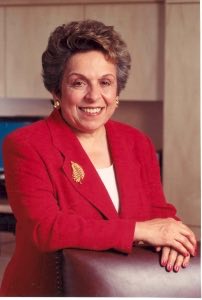
Donna E. Shalala
A groundbreaking educator and politician, Dr. Donna Shalala has more than thirty years of experience as an accomplished scholar, teacher and administrator. Dr. Shalala is recognized as the longest serving United States Secretary of Health and Human Services (1993-2001) and is the current President of the University of Miami. From 1980-1987, Dr. Shalala served as the president of Hunter College, and from 1987-1993, she was the chancellor of the University of Wisconsin-Madison. Dr. Shalala is the recipient of more than three dozen honorary degrees and was awarded the Presidential Medal of Freedom in 2008.
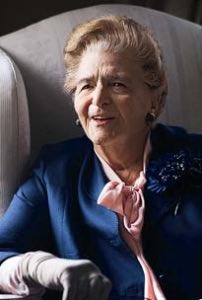
Catherine Filene Shouse
Known for her visionary work in education, arts, politics and women’s affairs, Catherine Filene Shouse was the first woman to receive a Masters Degree in Education from Harvard University and the first woman appointed to the Democratic National Committee in 1919. Ten years later, she launched the Institute for Women’s Professional Relations. An ardent supporter of the arts and arts education, Catherine Filene Shouse founded and was the major benefactor of the Wolf Trap National Park for the Performing Arts in Vienna, Virginia – the first and only national park dedicated to the performing arts. She was awarded the Presidential Medal of Freedom by President Gerald R. Ford in 1977.
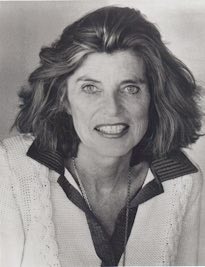
Eunice Kennedy Shriver
For more than thirty years, Eunice Kennedy Shriver served as a leader in the worldwide struggle to enhance the lives of people with intellectual disabilities. Under her leadership, the Joseph P. Kennedy, Jr. Foundation aided in the creation of The President’s Committee on Mental Retardation (1961) and the development of the National Institute for Child Health and Human Development (1962). Shriver is credited as the founder of the Special Olympics, an organization that today serves 3 million people with intellectual disabilities in nearly 200 nations around the world.

Anna Jacobson Schwartz
Perhaps the most widely acclaimed female research economist of the twentieth century, Anna Jacobson Schwartz has been described as “one of the world’s greatest monetary scholars.” In 1941, after a five year career with Columbia University’s Social Science Research Council, Schwartz began her more than seventy year tenure working for the National Bureau of Economic Research. During her time at the National Bureau, Schwartz met and began working with Milton Friedman and together, the two coauthored A Monetary History of the United States, 1867 – 1960. Described by Federal Reserve chairman, Ben Bernanke, as “the leading and most persuasive explanation of the worst economic disaster in American history,” the text is one of the most widely cited in economics. Schwartz was also considered a leading financial historian and expert on monetary statistics in the United States and Britain.

Felice N. Schwartz
Founder in 1962 of Catalyst, the premier organization working with corporations to foster women’s leadership. She published studies (Women in Corporate Leadership in 1990 and Women in Engineering in 1992) illustrating the barriers to women’s workplace progress and then provided samples of model corporate practices to help women advance. Her work has had a lasting impact on the composition of American corporate leadership.

Blanche Stuart Scott
Born in Rochester, New York, Scott was a pioneering aviatrix, becoming the first American woman to take a solo hop into the air, although her flight is not regarded as official. In 1910, she became one of the first woman to drive an automobile coast to coast in her car – the ‚”Lady Overland”. Scott was also the first and only woman to take flying lessons from Glenn Curtiss, later flying with the Curtiss Exhibition Team and earning the nickname ‚”Tomboy of the Air”.

Donna E. Shalala
A groundbreaking educator and politician, Dr. Donna Shalala has more than thirty years of experience as an accomplished scholar, teacher and administrator. Dr. Shalala is recognized as the longest serving United States Secretary of Health and Human Services (1993-2001) and is the current President of the University of Miami. From 1980-1987, Dr. Shalala served as the president of Hunter College, and from 1987-1993, she was the chancellor of the University of Wisconsin-Madison. Dr. Shalala is the recipient of more than three dozen honorary degrees and was awarded the Presidential Medal of Freedom in 2008.

Catherine Filene Shouse
Known for her visionary work in education, arts, politics and women’s affairs, Catherine Filene Shouse was the first woman to receive a Masters Degree in Education from Harvard University and the first woman appointed to the Democratic National Committee in 1919. Ten years later, she launched the Institute for Women’s Professional Relations. An ardent supporter of the arts and arts education, Catherine Filene Shouse founded and was the major benefactor of the Wolf Trap National Park for the Performing Arts in Vienna, Virginia – the first and only national park dedicated to the performing arts. She was awarded the Presidential Medal of Freedom by President Gerald R. Ford in 1977.

Eunice Kennedy Shriver
For more than thirty years, Eunice Kennedy Shriver served as a leader in the worldwide struggle to enhance the lives of people with intellectual disabilities. Under her leadership, the Joseph P. Kennedy, Jr. Foundation aided in the creation of The President’s Committee on Mental Retardation (1961) and the development of the National Institute for Child Health and Human Development (1962). Shriver is credited as the founder of the Special Olympics, an organization that today serves 3 million people with intellectual disabilities in nearly 200 nations around the world.
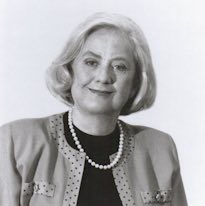
Muriel Siebert
First woman to own a seat on the New York Stock Exchange (1967). She was also the nation’s first-ever discount broker and the first woman to serve as Superintendent of Banks for the State of New York.
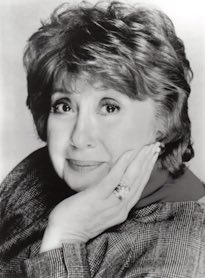
Beverly Sills
Acclaimed Soprano who became the first woman General Director and then President of the New York City Opera, and later first woman chair of the Lincoln Center for the Performing Arts, guiding the Center to become one of the nation’s most important institutions. She was not only directly responsible for the discovery and launch of many young performers, but was also actively involved in a myriad of humane works, including the National Victim Center and (as National Chair) the March of Dimes Mothers March on Birth Defects.
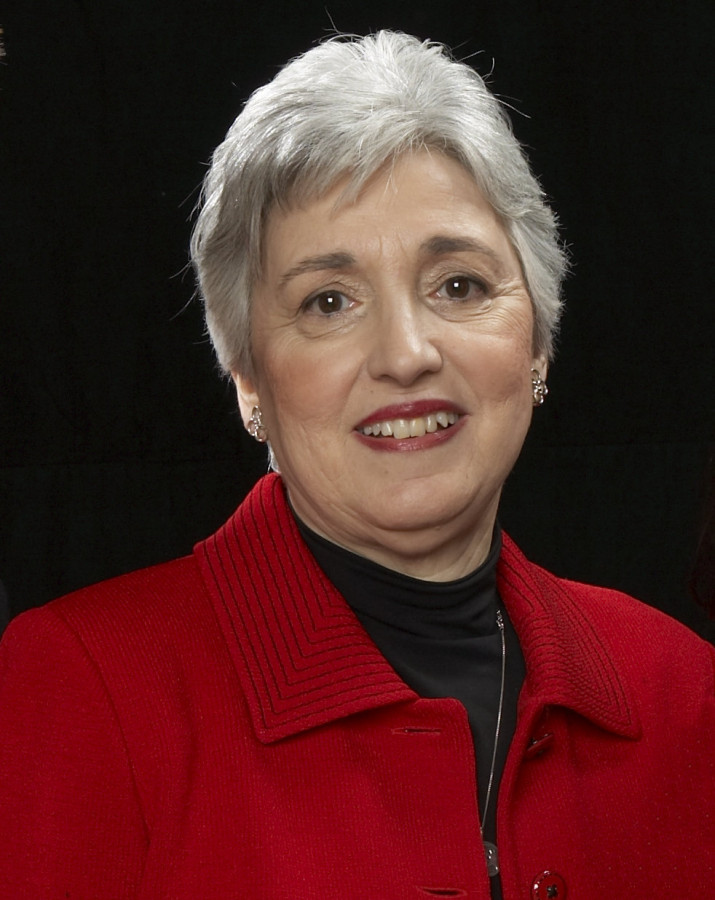
Eleanor Smeal
Her life and work has been dedicated to the achievement of women’s equality and human rights. She has been at the forefront of nearly every significant women’s rights victory. Responsible for coining the phrase “gender gap” referring to the difference in the way women and men vote and popularizing its usage in election and polling analyses to enhance women’s voting clout.
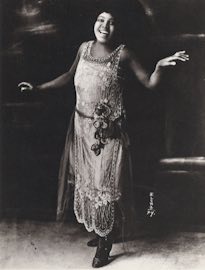
Bessie Smith
One the nation’s great blues singers, Smith earned stardom from her first record 1923’s “Down Hearted Blues,” which sold two million records. The “Empress of the Blues,” made more than 160 recordings with many of the country’s finest jazz musicians.
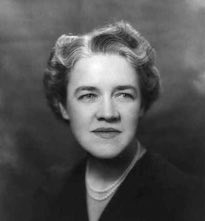
Margaret Chase Smith
Beginning her political career by assuming her deceased husband’s seat in the U.S. House of Representatives, she ran for and became a U.S. Senator from Maine. Margaret Chase Smith served four terms and was an advocate for a strong national defense.
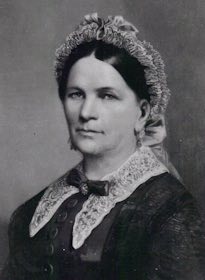
Sophia Smith
Born to a family known for its frugality and thrift, she was left at the age of 65 as the sole survivor of her immediate family, and with the funds to endow the establishment of Smith College, an institution that she hoped would provide undergraduate education for young women equal to that provided at the time for young men.

Muriel Siebert
First woman to own a seat on the New York Stock Exchange (1967). She was also the nation’s first-ever discount broker and the first woman to serve as Superintendent of Banks for the State of New York.

Beverly Sills
Acclaimed Soprano who became the first woman General Director and then President of the New York City Opera, and later first woman chair of the Lincoln Center for the Performing Arts, guiding the Center to become one of the nation’s most important institutions. She was not only directly responsible for the discovery and launch of many young performers, but was also actively involved in a myriad of humane works, including the National Victim Center and (as National Chair) the March of Dimes Mothers March on Birth Defects.

Eleanor Smeal
Her life and work has been dedicated to the achievement of women’s equality and human rights. She has been at the forefront of nearly every significant women’s rights victory. Responsible for coining the phrase “gender gap” referring to the difference in the way women and men vote and popularizing its usage in election and polling analyses to enhance women’s voting clout.

Bessie Smith
One the nation’s great blues singers, Smith earned stardom from her first record 1923’s “Down Hearted Blues,” which sold two million records. The “Empress of the Blues,” made more than 160 recordings with many of the country’s finest jazz musicians.

Margaret Chase Smith
Beginning her political career by assuming her deceased husband’s seat in the U.S. House of Representatives, she ran for and became a U.S. Senator from Maine. Margaret Chase Smith served four terms and was an advocate for a strong national defense.

Sophia Smith
Born to a family known for its frugality and thrift, she was left at the age of 65 as the sole survivor of her immediate family, and with the funds to endow the establishment of Smith College, an institution that she hoped would provide undergraduate education for young women equal to that provided at the time for young men.
